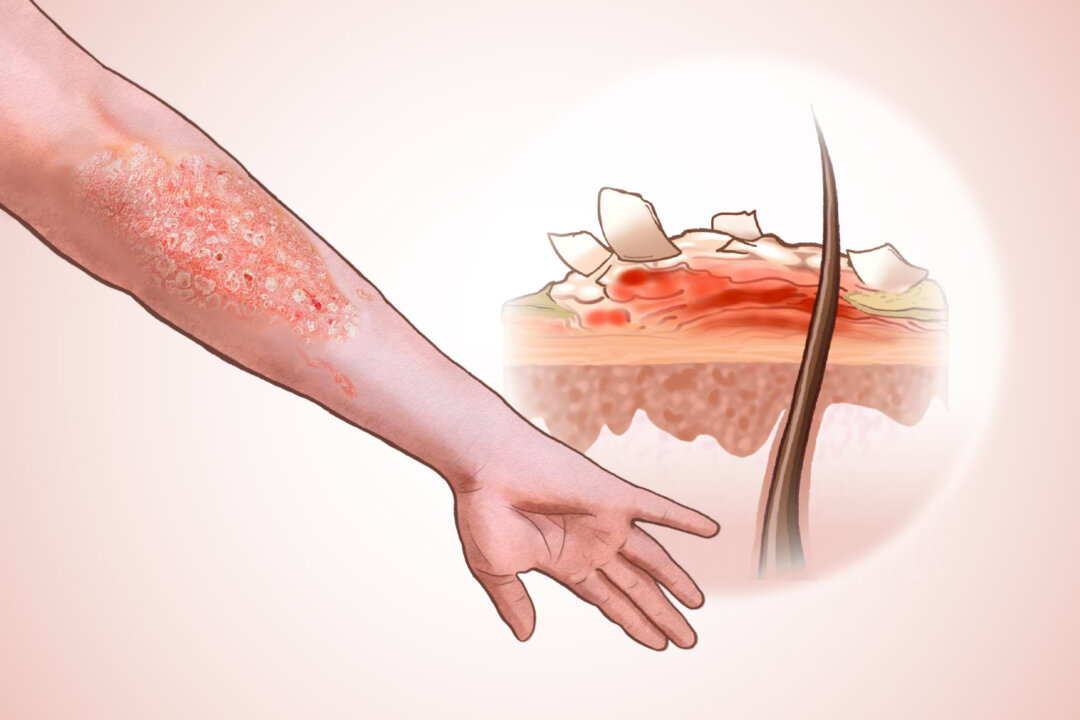Psoriasis is recognized as the second most common autoimmune condition in the United States, affecting millions of individuals. This condition is not merely a skin issue; it is a complex autoimmune disorder characterized by the immune system erroneously attacking healthy skin cells. The result is the formation of thick, scaly patches that can emerge anywhere on the body, though they predominantly appear on areas such as the lower back, elbows, knees, and scalp. Currently, there is no cure for psoriasis, but a combination of treatments and lifestyle adjustments can significantly improve the quality of life for many affected individuals.
Understanding the complexities of psoriasis is crucial. The condition stems from a genetic predisposition, and environmental factors often play a role in its severity. While the visible symptoms can be distressing, they are just the surface of a deeper autoimmune response. Managing psoriasis involves more than just topical treatments; it requires a holistic approach that includes lifestyle changes.
Five Lifestyle Approaches to Manage Psoriasis
1. **Dietary Adjustments**: Nutrition can have a profound impact on psoriasis symptoms. A diet rich in fruits, vegetables, whole grains, and healthy fats may help reduce inflammation. Limiting processed foods, sugars, and trans fats can also be beneficial. Some studies suggest that omega-3 fatty acids, found in fish and flaxseeds, may help alleviate symptoms.
2. **Regular Exercise**: Engaging in regular physical activity can improve overall health and may help manage psoriasis. Exercise can lead to weight loss, which is particularly important since obesity is linked to increased severity of the condition. Activities like walking, swimming, or yoga not only promote physical well-being but also contribute to mental health improvements.
3. **Stress Management**: Stress is a known trigger for psoriasis flare-ups. Techniques such as mindfulness, meditation, and deep breathing exercises can help individuals manage stress levels. Finding time for relaxation and self-care is essential for anyone dealing with chronic conditions.
4. **Adequate Hydration**: Staying well-hydrated is crucial for maintaining skin health. Drinking sufficient water can help keep the skin moisturized and may reduce the severity of psoriasis symptoms. Additionally, using moisturizers regularly can help combat dryness associated with psoriasis.
5. **Avoiding Triggers**: Identifying and avoiding personal triggers is vital for managing psoriasis. Common triggers include smoking, excessive alcohol consumption, and certain medications. Keeping a symptom diary can help individuals pinpoint what exacerbates their condition and make necessary lifestyle adjustments.
While psoriasis poses significant challenges, many individuals are able to lead active, fulfilling lives through effective management strategies. A multi-faceted approach combining medical treatment and lifestyle modifications can lead to substantial improvements in symptoms and overall well-being.
As research continues to advance, understanding autoimmune conditions like psoriasis becomes increasingly important. Those affected by this condition are encouraged to seek guidance from healthcare professionals to tailor a management plan that suits their individual needs. By embracing lifestyle changes and staying informed about treatment options, individuals with psoriasis can improve their quality of life and minimize the impact of this chronic condition.






































































